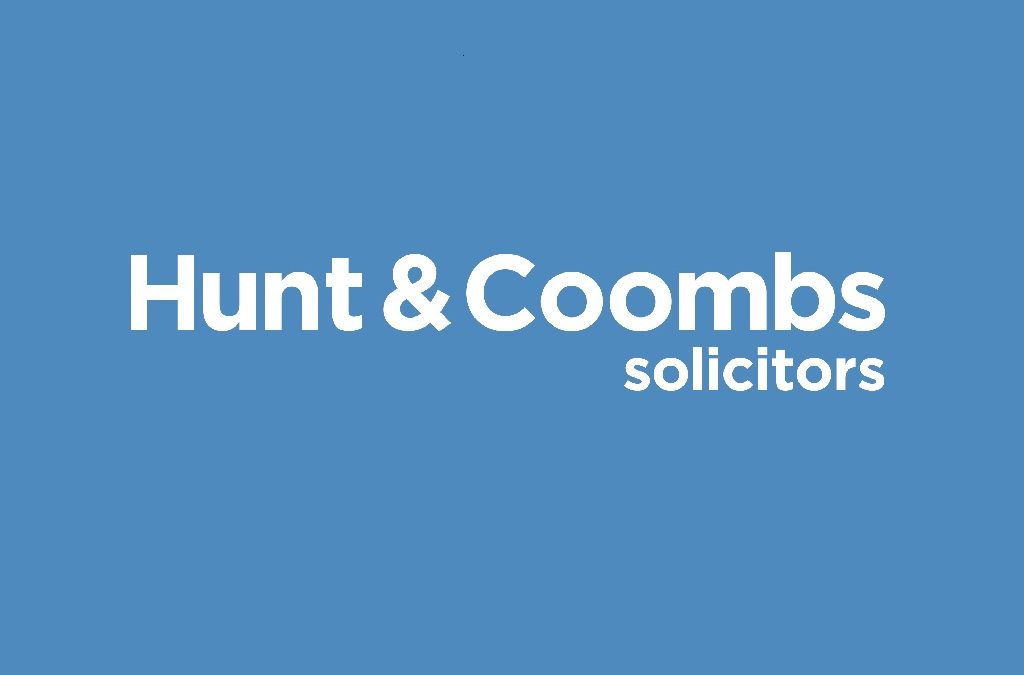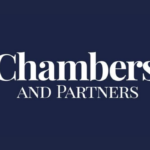PMS Selection for Hunt & Coombs
Supporting decision makers to make an effective and informed choice
Executive Summary
Client challenge:
Hunt & Coombs are currently using Envision, a product which had been made “end of life” by Thomson Reuters. Whilst the firm had good IT leadership it needed support to:
- determine which options were available;
- provide a robust and inclusive selection process;
- document all of the critical User requirements and add structure to the evaluation phase;
- assist in establishing the project’s key success factors;
- guide the internal team through the process and final decision making.
| BDC’s Solution To support a critical PMS selection process by providing strategic advice on PMS solutions and vendors, identifying functional needs and undertaking a rigorous selection process.
|
Engagement impact
|
“David has been able to provide a detailed analysis of our requirements for a new PMS and take us through the selection process. He was able to offer practical ideas, industry incite and also a knowledge of what the Firm’s requirements were.
Pleased to have worked with David and would be pleased to work with him again.”
Andrew Thomson, CEO, Hunt & Coombs
Introduction
Hunt & Coombs are a leading East of England firm with offices in Peterborough, Huntingdon, Oundle and St Neots.
Hunt & Coombs offer a comprehensive range of legal services for businesses, families and individuals. Unlike many other regional firms Hunt & Coombs have continued to provide Criminal and Civil Legal Aid services.
Hunt & Coombs last undertook a PMS selection in 2009 at which time they chose to replace AIM with Thomson Reuters Envision.
Sadly, shortly after this system had gone live Thomson Reuters announced that the product would be discontinued. With no clear migration path Hunt & Coombs never received the full benefits expected from the investment in Envision and largely due to this situation nor was the system fully developed to it’s potential.
It was therefore a key focus of the selection process to ensure, as far as possible, that history did not repeat itself.
Our Approach
Following good practice, Hunt & Coombs formed a project steering group comprising of the CEO, the IT Manager and Partner representatives from the Private Client and Criminal parts of the business.
Following an initial fact-finding meeting with Andrew Thomson (CEO) we initially met with this group to:
- provide an up-to-date summary of the PMS vendor market;
- begin to determine the strategic objectives of the system replacement;
- determine the selection process and involvement of the wider firm.
At Baskerville Drummond we look to support rather than control the selection process. We therefore recommended that Hunt & Coombs undertook a series of “sales” demonstrations from the leading vendors before starting the selection process in earnest.
To support this, we provided a detailed agenda for the demonstrations along with some questions the selection committee may wish to consider.
The steering committee found the demonstrations extremely beneficial as they provided a good understanding of what was available from a fully featured PMS solution.
The RTT (Request To Tender) Phase
The first phase of the project was to define requirements and undertake a RTT process with the long-listed vendors. This included the following actions:
- interviewed representatives from all areas of the business identifying:
- business requirements;
- frustrations with the existing system;
- inefficient processes and work-a-rounds- caused by the existing system;
- areas where a new system could enhance the service provided to clients.
- created a comprehensive requirements document covering:
- general;
- financial;
- risk & compliance;
- CRM & Marketing;
- matter & case management;
- document management;
- reporting.
- worked with the steering group to define the projects key success factors detailing drivers for:
- business;
- financial drivers;
- efficiency improvements;
- end-user factors;
- operational improvements.
- worked with the steering group to prioritise the requirements document categorising requirements into the MoSCoW framework;
- managed the process with the vendors;
- provided a detailed analysis of the vendors responses to the selection committee;
- reviewed responses with selection committee and short-listed to two vendors.
Deep-Dives
The short-listed vendors were invited to attend “Deep Dive” days which covered all aspects of the solutions and gave the vendors the opportunity to show how their solutions would meet the requirements and strategic needs defined by Hunt & Coombs.
These days entailed:
- a “open door” demonstration to all interested parties;
- finance elements;
- reporting elements;
- risk & compliance elements;
- CRM & marketing elements;
- administration & development.
Following the deep-dive days the steering group met again in order to make a final recommendation to the Partnership. Hunt & Coombs undertook site visits with real users of the preferred vendor and reference calls with several others.
Contractual Phase
During the contractual phase we supported the Hunt & Coombs lawyers on various aspects. In particular we ensured that
- the contract delivered on the strategic aims of the project;
- that the items in the requirements document are delivered;







